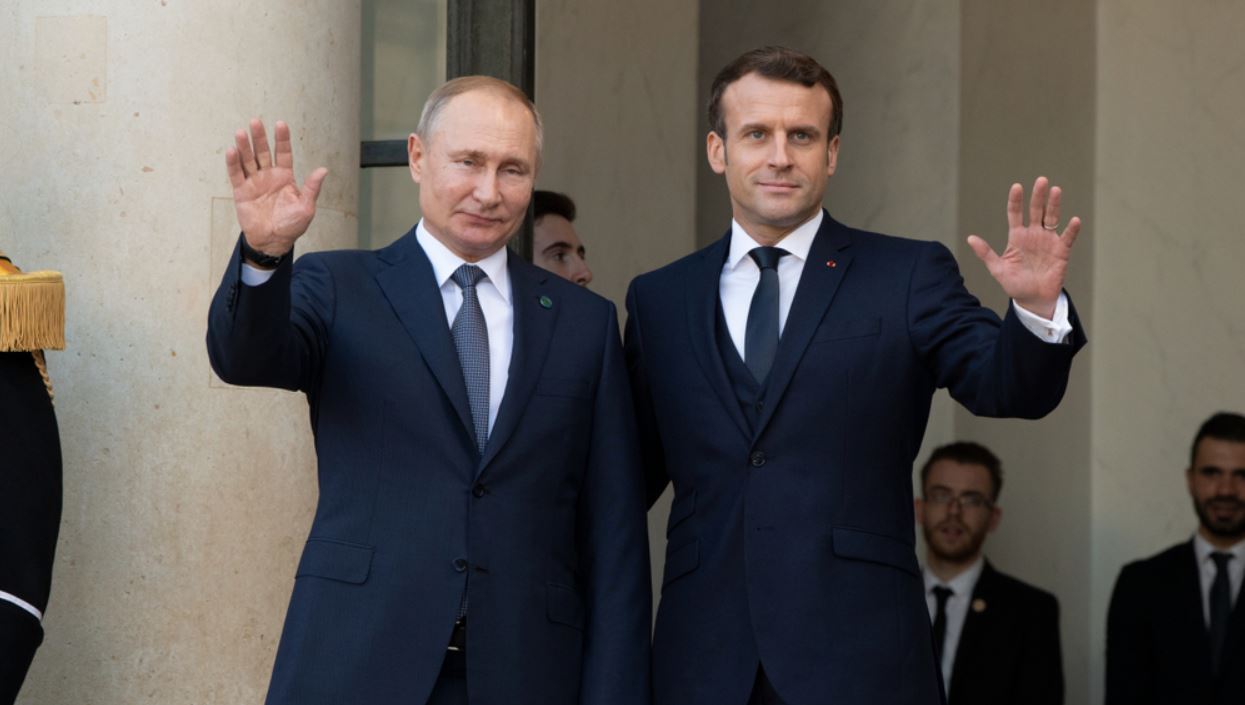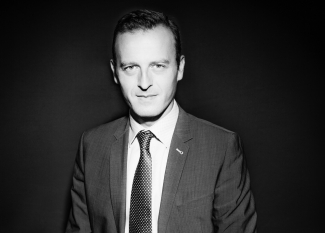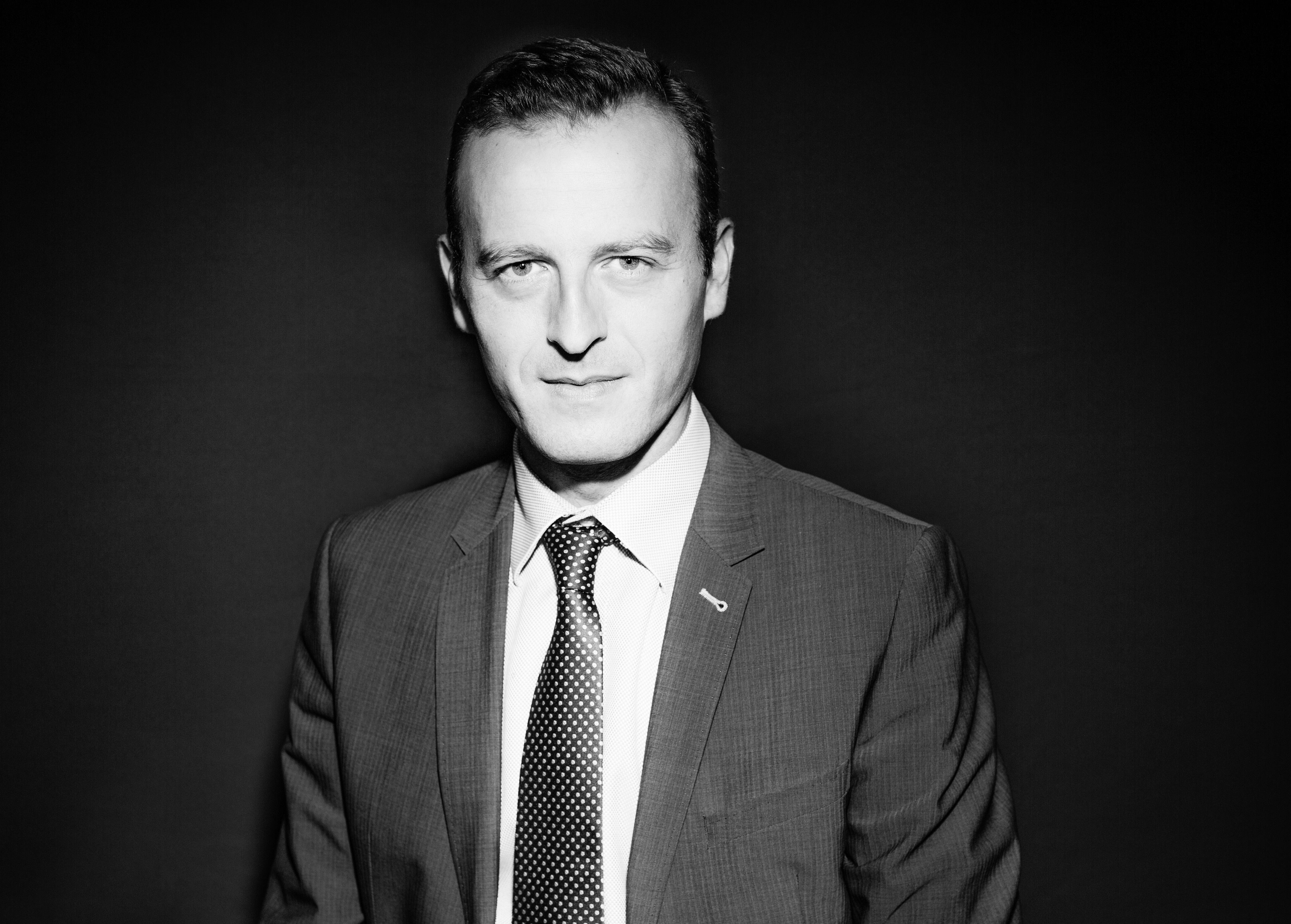Macron pirouettes on Russia to the strains of ‘Churchill and Chamberlain’
President Emmanuel Macron’s nuanced position on the war in Ukraine is part and parcel of yet another French specificity, an attitude towards Russia which is unique in Europe. Macron prides himself on being a moderate among western warmongers.

At the February 17th-19th Munich Security Conference, he reiterated his belief in the necessity of supporting Ukraine militarily, and his desire for a Ukrainian victory.
But Macron also repeated that Russia will remain geographically part of Europe, and that Europe’s future security will be guaranteed by dialogue, not confrontation, with Moscow.
[...]
France’s history with Russia goes back to Catherine the Great’s friendship with Enlightenment philosophers, Napoleon’s march on Moscow, Alexander III’s trip to Paris. When the second World War ended, Charles de Gaulle saw the Soviet Union as a counterbalance to US omnipotence.
Thomas Gomart, the director of the French Institute for International Relations Ifri, emphasises that “French public opinion is heavily in favour of supporting Ukraine.” France is giving one quarter of its artillery to Ukraine, Gomart notes. France’s weapons stockpiles, like those of its Nato allies, are dangerously low. Macron has raised the defence budget to €400 billion for the 2024-2030 period, a €100 billion increase over the preceding period.
Yet France has what Gomart calls “a sort of Russian problem”. In the wake of the second World War, the French Communist Party (PCF) comprised a quarter of the French electorate and maintained close links with Moscow.
“The PCF represented a counter-society, with trade unions, associations, banks, companies. It created politico-intellectual channels that still exist,” Gomart says.
“Certain political parties, in particular [Marine Le Pen’s far-right] National Rally and [Jean-Luc Mélenchon’s far-left] France Unbowed developed a pro-Russian discourse which was basically a way of criticising Nato. They talk about Russia, but in reality, they are thinking about the US.”
[...]
> Read the article in The Irish Times

Media:
Share







